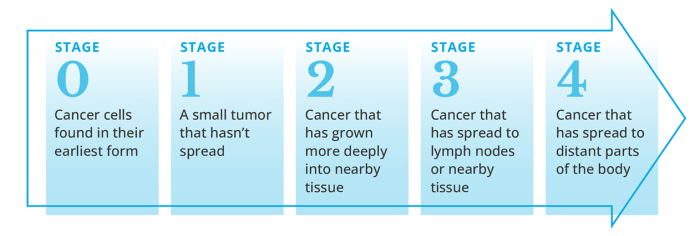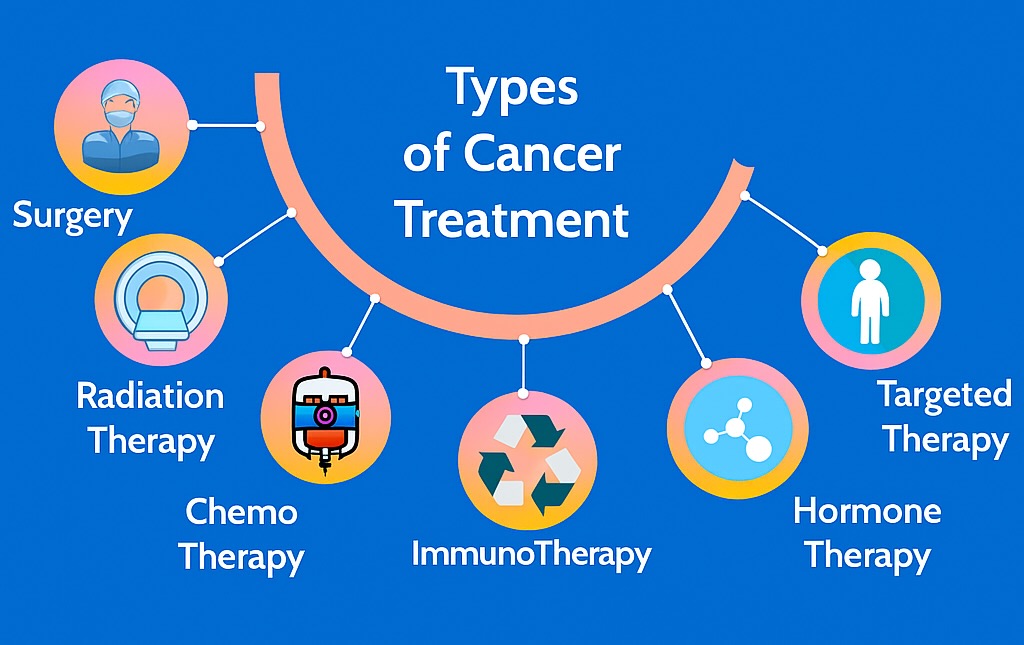
Understanding Cancer
Understanding Cancer
What is Cancer ?
Cancer is a condition where some of the body’s cells grow uncontrollably and spread to other parts of the body. Normally, the body regulates cell growth and division. But in cancer, these processes go wrong — leading to the formation of abnormal cells or tumors, which may be benign (non-cancerous) or malignant (cancerous).
Common Symptoms
Symptoms vary depending on the type and location of cancer, but some common signs include:
- Unexplained weight loss
- Fatigue or weakness
- Persistent cough or hoarseness
- Changes in bowel or bladder habits
- Non-healing sores
- Unusual bleeding or discharge
- Lumps or swelling
Note: These symptoms can also occur due to non-cancerous conditions. Early check-up and screening are essential.
Understanding Cancer Stages
Cancer is usually classified in stages (0 to IV) based on its size, spread, and involvement of nearby tissues or organs.
- Stage 0: Cancer is localized and hasn’t spread.
- Stage I-II: Local growth, but limited spread.
- Stage III: Larger tumors, often with nearby lymph node involvement.
- Stage IV: Cancer has spread to distant organs (metastasis).

What is Metastasis?
Metastasis occurs when cancer cells break away from the original tumor and spread to other parts of the body (e.g., lungs, liver, bones). This happens through the blood or lymphatic system and is a key reason why early detection is critical.
How is Cancer Treated?
Cancer treatment is multimodal — often involving a combination of methods tailored to the individual:
- Surgery: To remove tumors or affected tissues.
- Chemotherapy: Medicines that kill or stop the growth of cancer cells.
- Radiation Therapy: High-energy rays (like X-rays) to target and destroy cancer cells.
- Targeted Therapy: Drugs that act on specific molecules involved in cancer growth.
- Immunotherapy: Boosts the body’s immune system to fight cancer.
- Nuclear Medicine (e.g., PET-CT): For accurate diagnosis and specialized treatments.

At Kshetrapal Cancer Center, all these services are available under one roof, guided by experienced oncologists and supported by the latest technology.
Early Detection Saves Lives
Many cancers, when detected early, are highly treatable. Regular screenings, awareness of symptoms, and prompt consultation can make a life-saving difference.


